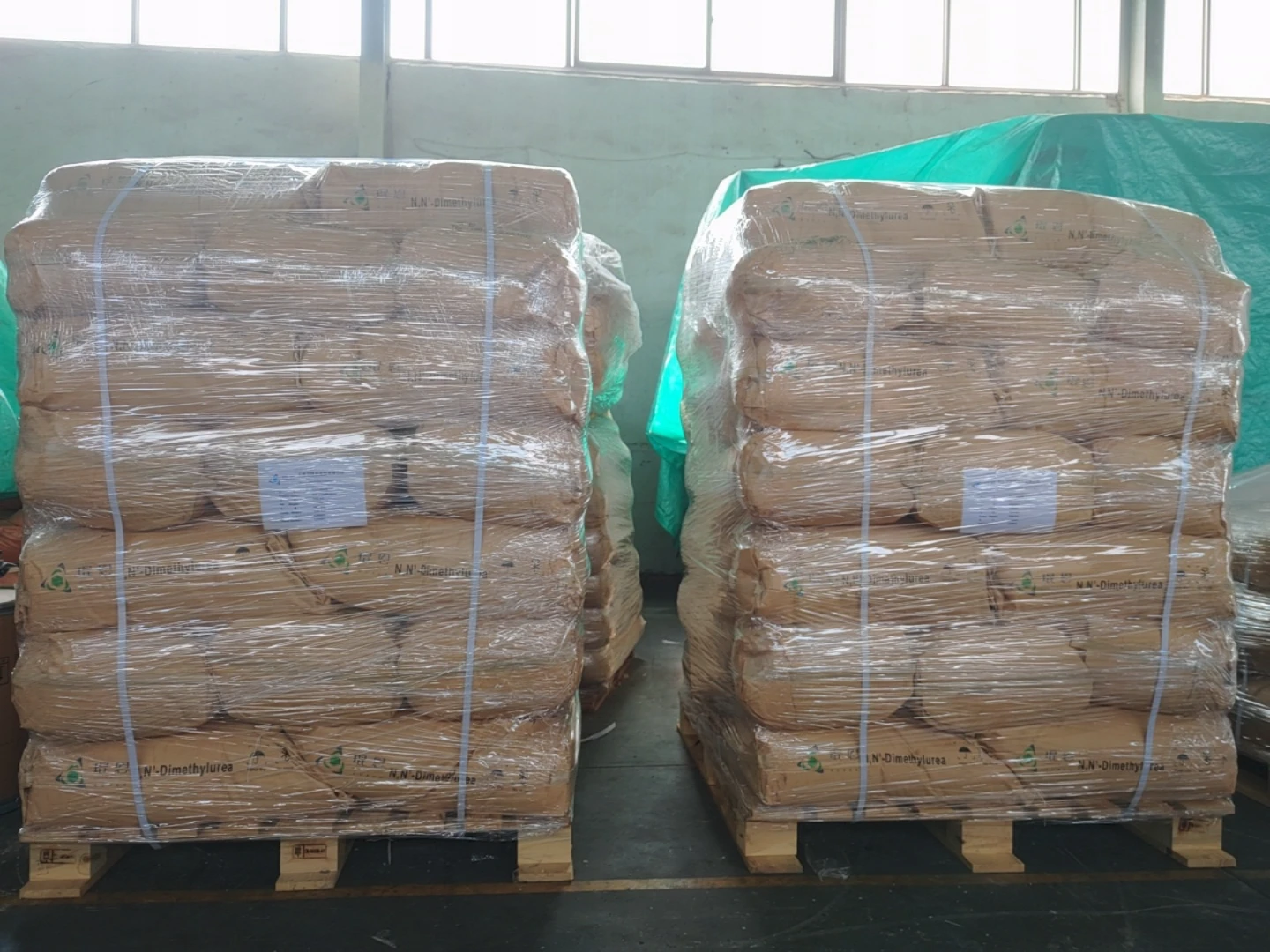Understanding Sludge Treatment Chemicals Importance, Types, and Applications
Sludge treatment is a crucial process in wastewater management, aimed at reducing the volume of solid waste generated from municipal and industrial wastewater treatment facilities. As the global population grows and industrial activities expand, the effective management of sludge has become an increasing concern for environmental protection and sustainability. A key component of sludge treatment is the use of various chemicals that help facilitate the breakdown of organic materials, stabilize residuals, and enhance the overall efficiency of treatment processes.
Importance of Sludge Treatment Chemicals
The primary goal of sludge treatment is to minimize its impact on the environment while recovering valuable resources. Untreated sludge can pose significant risks, including odors, pathogens, and potential contamination of land and water bodies. By using appropriate treatment chemicals, operators can detoxify sludge, stabilize its composition, and transform it into a more manageable product that can be safely disposed of or even reused. Additionally, chemicals can help optimize the efficiency of dewatering processes, reducing the volume and weight of the sludge, which in turn lowers transportation and disposal costs.
Types of Sludge Treatment Chemicals
There are various types of chemicals used in sludge treatment, each serving specific functions based on the characteristics of the sludge and the desired treatment outcome
. Key categories include1. Coagulants and Flocculants These chemicals are essential in the sludge thickening process. Coagulants, such as aluminum sulfate (alum) and ferric chloride, help neutralize the charges of suspended particles, allowing them to clump together. Flocculants, typically high molecular weight polymers, further aid in the aggregation of particles into larger flocks, which can be more easily removed from the liquid phase. Combined, they enhance solid-liquid separation, making follow-up dewatering processes more efficient.
2. pH Adjusters Adjusting the pH of sludge is critical for effective treatment. For instance, lime is commonly used to raise the pH levels, facilitating the stabilization of organic matter and controlling odors. Conversely, acids such as ferric or sulfuric acid can lower pH to promote the solubilization of certain nutrients and heavy metals present in the sludge.
sludge treatment chemicals

3. Digestion Chemicals In the anaerobic digestion process, specific chemicals, such as inoculants or enzymes, can be introduced to promote microbial activity and enhance the breakdown of organic material. These additions help increase the biogas production rate and improve the overall efficiency of the digestion process.
4. Odor Control Agents Volatile organic compounds and sulfur compounds can lead to unpleasant odors during the sludge treatment process. Chemicals such as sodium hypochlorite or specialized odor neutralizers can be employed to control these odors, improving the working environment and reducing nuisance for surrounding communities.
Applications and Best Practices
The application of sludge treatment chemicals should be tailored to the specific characteristics of the sludge and the treatment objectives. It is essential to conduct thorough analyses of sludge composition, including chemical, physical, and biological properties. By doing so, wastewater treatment facilities can select the most suitable treatment chemicals and optimize dosages to maximize efficiency while minimizing costs.
Moreover, it is important to incorporate best practices in the handling and storage of treatment chemicals. Regular training for operators and staff on chemical safety, as well as maintaining proper records of chemical usage, are key components of effective sludge management.
Conclusion
In conclusion, sludge treatment chemicals play an integral role in the management of wastewater sludge, helping to enhance the efficiency of treatment processes and mitigate environmental impacts. As technology advances and regulations evolve, the development of innovative chemicals and methodologies will continue to shape the future of sludge treatment. By understanding the different types of chemicals available and applying them effectively, wastewater treatment facilities can improve their operations, achieve sustainability goals, and protect the environment for future generations.

